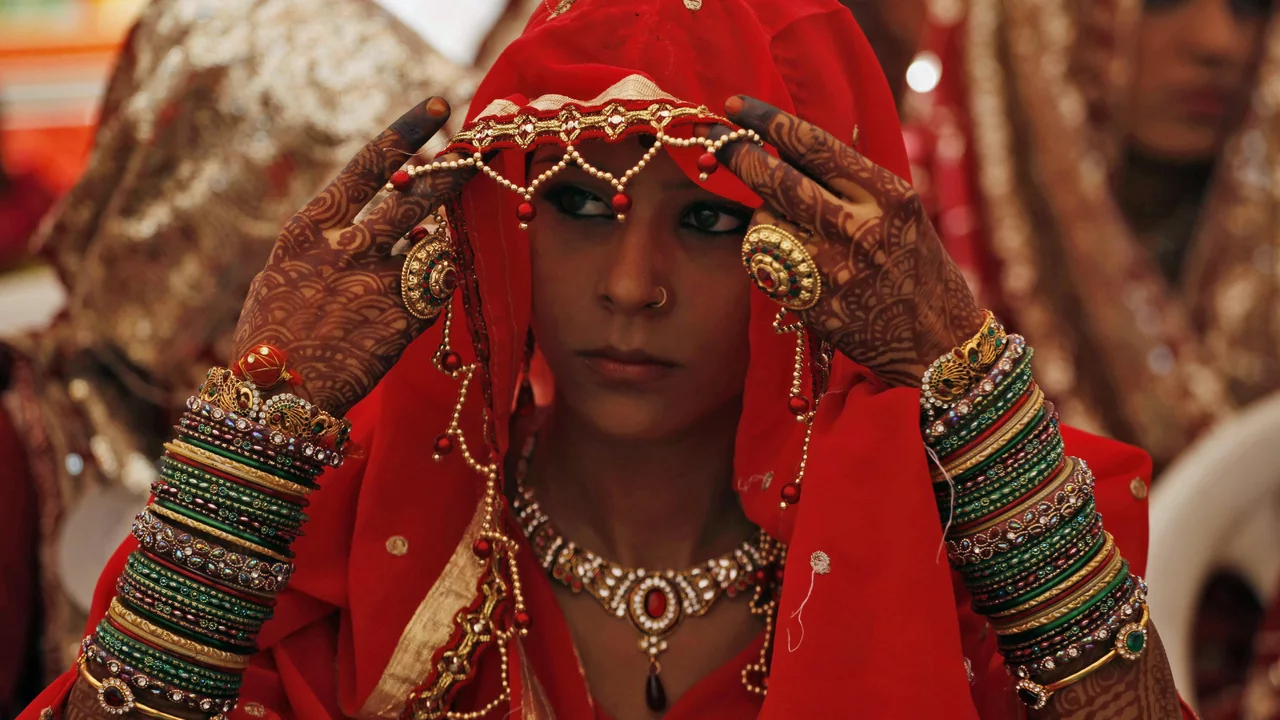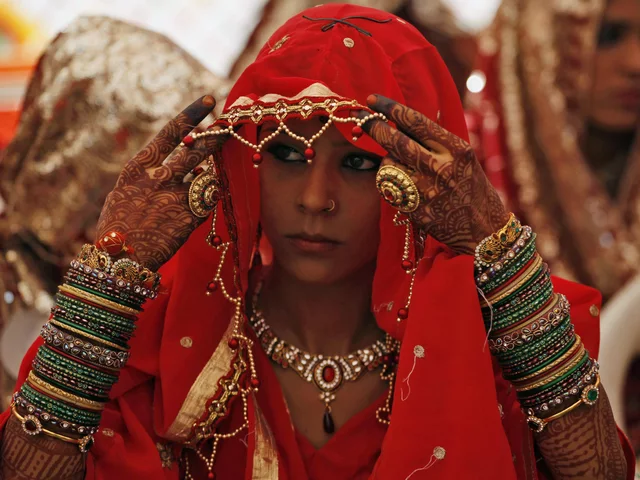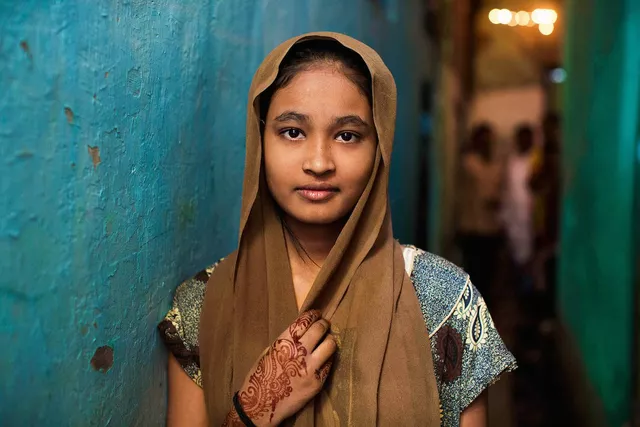The Stifled Love and the Disconnected Diaspora
Being a part of the Indian diaspora in Australia, I've had the incredible opportunity to delve deep into this topic and explore the reasons behind some Indian-Americans' apparent dislike of India and Indian culture. You know, the warmth of the Indian kitchen wasn’t merely about the spices there - it was about the harboring love. The beating “dhol” on a merry “baraat” wasn’t just the drumming, it signified the joyous celebrations. But occasionally, it feels like this essence is lost amidst the skyscrapers of the West.
From yoga sessions with my parrot, Oscar, to enjoying the myriad Indian festivals with my spouse, Lisa, we've always tried to keep the spiritual and cultural essence of India alive in our home. We value the richness and dynamism that comes with it; it gives life a vibrant tinge of color. But to gain a deeper understanding of the narrative that frames this issue, we need to go a bit further, absorbing the folds of history and understanding the intricate details of cultural migration.
Understanding Cultural Migration and Identity
Indian migration to western lands has been a continuous process, the journey spanning across decades. Values get sculpted, traditions get molded, and habits get adapted - it's all a part of cultural migration and assimilation. Indian-Americans are sometimes seen displaying antipathy towards their Indian roots because of the expected pressures and cultural expectations coming along with them. A part of the identity gets 'Americanized', and the other part retains some elements of the Indian culture. This constant tussle between the two may lead to an identity crisis, translating into resentment and alienation towards the 'motherland'. It’s never easy, is it? Seemingly caught between two worlds, the struggle is genuinely real.
Narratives of Discomfort: Facing Stereotypes
Facing numerous erroneous stereotypes can cultivate disillusionment among Indian-Americans towards their heritage. Often, Indian culture gets boxed into the categories of poverty, superstition, or backwardness by those who lack understanding of its richness and depth. It's rather ironic, you'd think. Gandhi once said: "No culture can live if it attempts to be exclusive." And yet, it's often these misguided notions that trigger negativity among Indians living abroad. They feel petrified, embarrassed even, to accredit their heritage, leading to an unjustified resentment towards India.
The Influence of the Western Lens
Another curious facet is the dominance of the 'western gaze' framing India. The western media often presents India through a lens marred by stereotypical or negative narratives. The incessant focus on negative incidents and challenges tends to overshadow the progress, achievements, and positive aspects of Indian civilization. The Western portrayal of India can be quite a dampener, leading numerous Indian-Americans to stay unwillingly detached from their roots. How often have you noticed that? One pitfall and a dozen achievements go unnoticed.
The Conflict Between Traditional and Modern Values
A significant factor leading to disdain is the struggle and conflict between traditional and modern values. The patriarchal nature of Indian society, caste system, or even the sometimes oppressive religious practices may not align with the more liberal, egalitarian societal norms of the West. The difference in viewpoints about various societal aspects and the pressure to conform can foster feelings of unease and disinterest towards Indian culture. As much as I respect the traditional values, I agree, a change is warranted in some areas, isn't it?
search for Identity and Acceptance
Every individual's journey comes with the innate desire to fit in and feel accepted. For many Indian-Americans, finding their identity involves a process of self-discovery and self-awareness. Amid this sojourn, they might choose to separate themselves from preconceived notions about their culture to establish their unique individuality. The spectrum is wide and diverse - you can't really box everyone in, can you?
Reconnecting with Roots: The Road Ahead
While it's true that aspects of India and its culture may provoke conflicted feelings among Indian-Americans, it's important to remember that real love comes with acceptance, of the good and the not-so-good. There is a profound beauty in Indian culture; diverse, intricate, and deep. If we could foster a more balanced view, one that appreciates the inspiring heritage, and simultaneously encourages positive change, maybe then, we would carve out a narrative of unity and pride, instead of disconnect and hate.
The key here is to let everyone discover and embrace their cultural heritage at their own pace. As the famous saying goes - "You can take an Indian out of India, but you cannot take India out of an Indian." On that cheerful note, I'm off to cook some butter chicken with Lisa. Because, hey, who can resist that?



